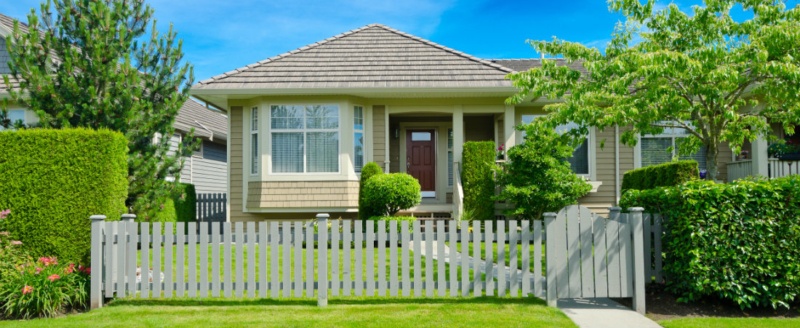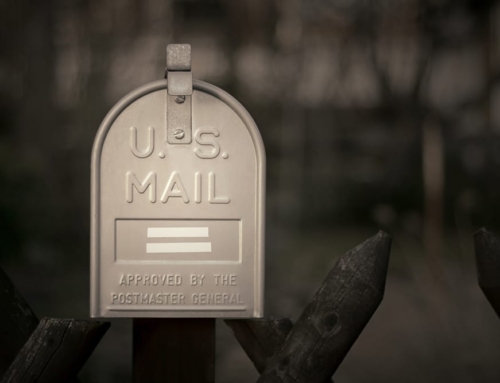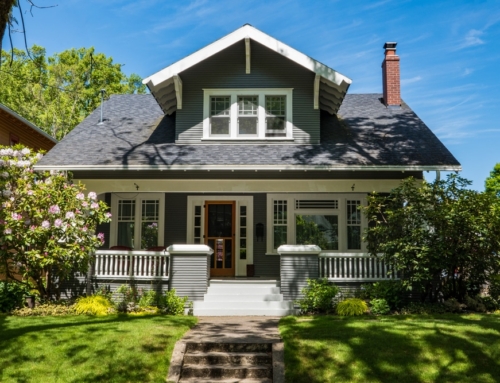After gaining an investment property from a divorce, this reader asks whether it’s better to sell the house or continue to rent it to cover expenses.
Q: I got divorced last year and from the divorce, I got a house in California. The value of the house is about $600,000. I owe about $250,000 on the house with the loan’s interest rate at just under 3 percent.
The loan is a 15-year loan that is due in 10 years. The house is rented for $2,650 per month and requires me to pay taxes out of pocket, which is difficult for me to afford. I would like the rental payments to cover the taxes.
Since I currently live and work in Texas, I bought a house with 5 percent down payment and a 30-year loan of about $250,000. I was trying to sell house in California, but use a 1031 exchange. The exchange would require me to reinvest the money from the sale and I wouldn’t be able to reduce the mortgage on my home. If I don’t use the 1031 exchange, I will have to pay taxes on capital gains.
Finally I decided to do a refinance and take $150,000 out of California house and make it a 30-year loan for $400,000 at about 5 percent. Now, my payments including taxes are around $2,650 which is the current rent on the property. I am planning on paying off my credit card debt of $30,000 and use the remaining $120,000 to pay down the loan balance on my current house in Texas. That way, I will be able to pay off my loan on my Texas house in about 3 years. Once I pay off the loan on my Texas home, I will work on paying off the mortgage on my California house.
Is it a good strategy given my situation?
A: As we look at your questions, we keep going back to the house in California. This California property is an investment property to you. You didn’t indicate what the California home cost you to buy or how much profit you’d get out of it if you sold it.
We know that if it sold for around $600,000 and you owe about $250,000, after closing expenses you might end up with $300,000 in cash. But that cash would not reflect your profit on the sale of the home.
Given where capital gains tax rates are now, you’d expect to pay almost 25 percent to the IRS on the profits from the sale of the California home. If you purchased the home for $300,000 some years ago and put in $100,000 for an addition or long term improvements, your profit might be around $150,000 after the closing expenses. If our numbers were in the ballpark, you’d pay about $35,000 to the IRS in taxes on the sale of the $600,000 home. You might also have other taxes for the recapture of depreciation and state income taxes.
You said you were thinking about using a tax deferred exchange (or 1031 exchange) for the sale of the California home. The IRS code allows investors of real estate (and other types of property) to sell a piece of real estate and then take all the proceeds from the sale of that property to buy a property of equal or higher value. There are stringent rules and other requirements, but if you follow them, you’d defer paying any taxes on the sale of the investment property to the IRS until you sell the replacement property down the line.
If your tax burden on the sale would have been high, your decision to refinance the property and keep it probably wise. But are you able to handle the leasing issues from Texas? You want to make sure the property doesn’t fall into disrepair if you aren’t living nearby to keep an eye on it. You need actively manage and maintain the property while it is rented.
You should also determine if the amount you’re getting in rent is correct given the neighborhood demand. You seemed to have tried to work out your loan payments to match what you get in rent. But it’s possible that you’ve underpriced the rent rate substantially.
You also need to understand how this investment property affects your income taxes. For many, owning an investment real estate property helps reduce their federal income taxes, but for others with limited sources of income other than wages, they may not get much benefit on their taxes from the investment property.
Finally, we like that you’re trying to keep your expenses low but don’t like that you may have traded an extremely low interest loan for a higher interest loan with a longer term. It may be that what you have done suits your needs now, but we wonder what will happen to your investment property when it needs repairs, taxes go up and your other carry costs for the property increase.
If you haven’t pulled the trigger (it’s hard to know from the way you’ve written your email), you should look at how this deal affects your federal income taxes, the risks of keeping the investment home and your ability to get your hands on cash should you need it. When you look at all these items, you can decide for yourself what will be best for you.







Leave A Comment